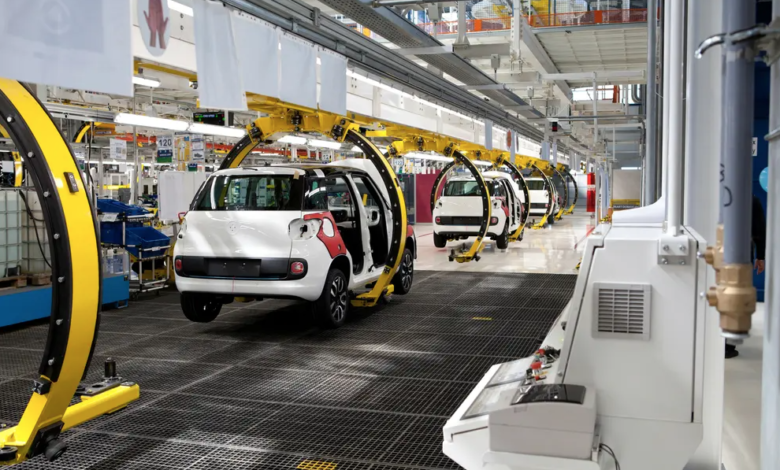Stop Endothermic cars 2035: e-fuel will only be 100% carbon neutral
Berlin would also like to admit e-fuel that cut CO2 by only 70%
(sustainabilityenvironment.com) – OK to e-fuels, but only if 100% carbon neutral. Brussels changes course on a detail – crucial – of the stop to endothermic cars in 2035. Avoiding that the loophole left in the first version of the text became a chasm and allowed to have in circulation polluting vehicles but marked as clean.
This is what is learned from the latest draft of the new measure, seen from Reuters, where EU officials have given way to the definition of eligible e-fuel in post-2035. A text, originally, the result of pressure from Germany that, out of time, pointed its feet demanding that the stop to endothermic cars in 2035 was not grave, but left the door open to the production of cars with endothermic engines provided that they were powered only by electric fuels.
In 2022, the European Parliament and the Council found a way to ban the sale of new combustion vehicles within 13 years. The idea was to accompany and accelerate the transition to electric mobility, giving a clear picture to the industry (the industry already launched towards the phase-out in dates around 2030). Berlin, after giving the green light in the Council, changed its mind at the beginning of 2023.
However, the new text agreed between Berlin and the Commission is limited to describing the fuels allowed as “CO2 neutral Fuels“. To make it a legally binding instrument, the European executive must now formalize the technical details. Starting from the exact characteristics of the fuels that fall under this definition.
Read also The EU gives in to endothermic cars stop in 2035: changes coming soon
The initial orientation was to apply the definition of e-fuels in the RED directive. But in this way, fuels would have been lawful with a reduction of only 70% of emissions compared to fossil fuels. Thus erasing the very raison d’être of the measure. Germany continues to be on the same side. “We need to find a provision that fits into the European regulatory system and that, above all, allows the use of synthetic fuels with internal combustion engines“, stated the German transport minister Volker Wissing in early September. However, the emission reduction guaranteed by e-fuels “cannot be 100%“.
The latest version goes backward. And clearly specifies that only 100% carbon-neutral fuels will be allowed.






